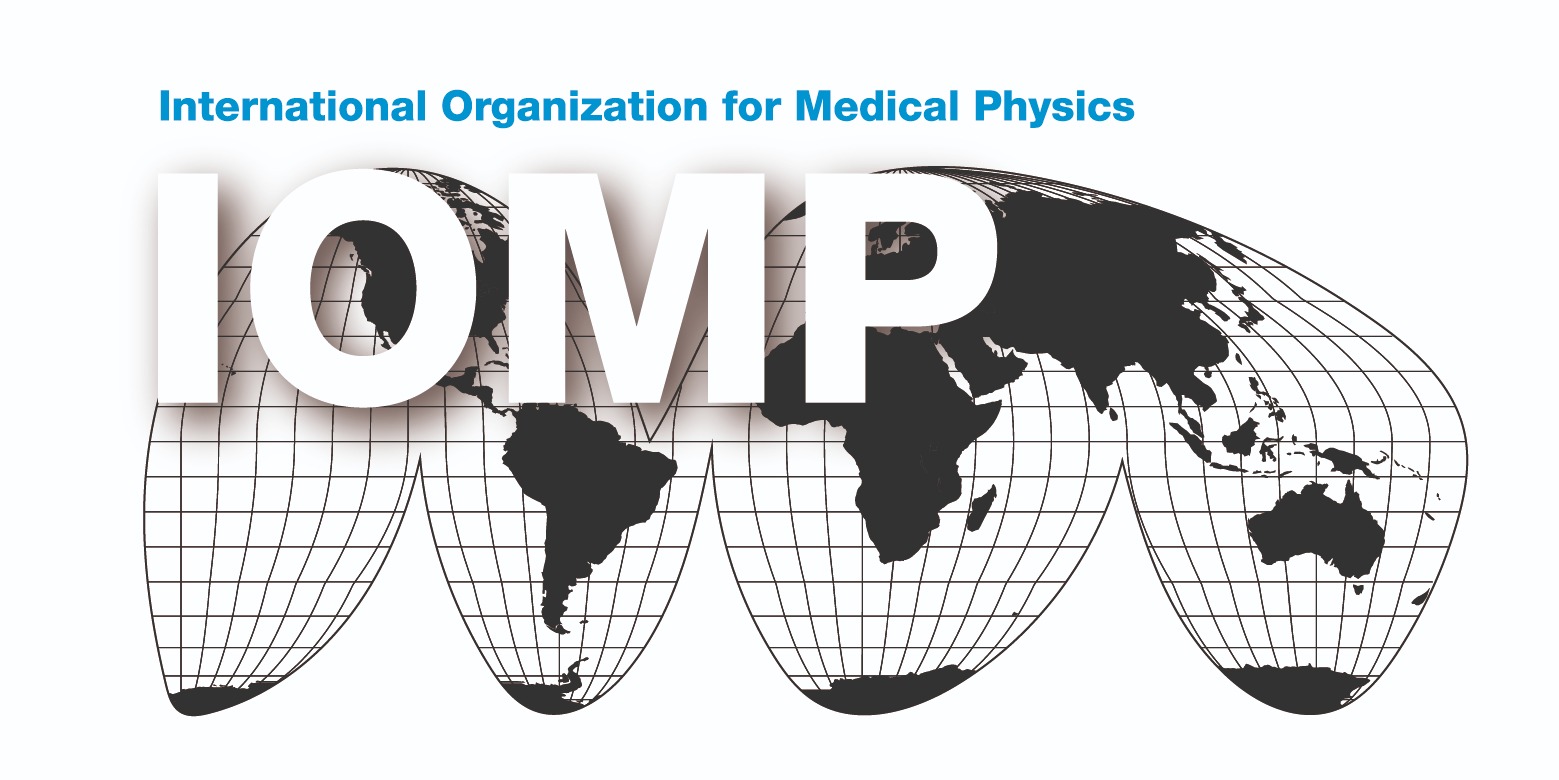IOMP Webinar: Non-cancer effects associated with low to moderate doses radiation exposure: what we know so far from epidemiological studies
Monday, 9th May 2022 at 12 pm GMT; Duration 1 hour
NEW: CME/CPD credit point shall be awarded for participation in the webinar in full.
To check the corresponding time in your country please check this link:
https://greenwichmeantime.com/time-gadgets/time-zone-converter/
Organizer: John Damilakis, IOMP
Moderator: John Damilakis, IOMP
Speakers: Marie-Odile Bernier, Sophie Jacob
 Marie-Odile Bernier, MD, PhD, works as researcher in the Epidemiology Department of the French Institute for radiation Protection and Nuclear safety (IRSN) since 2005. She is coordinating epidemiological studies on low dose exposure in the field of medical exposure at IRSN. She launched a large cohort specifically designed to study cancer risk in 100 000 children exposed to CT scans in France. She has also more than 25 years of experience as endocrinologist, specialized in the treatment of thyroid cancer.
Marie-Odile Bernier, MD, PhD, works as researcher in the Epidemiology Department of the French Institute for radiation Protection and Nuclear safety (IRSN) since 2005. She is coordinating epidemiological studies on low dose exposure in the field of medical exposure at IRSN. She launched a large cohort specifically designed to study cancer risk in 100 000 children exposed to CT scans in France. She has also more than 25 years of experience as endocrinologist, specialized in the treatment of thyroid cancer.
 Sophie Jacob, PhD, is a radiation epidemiologist at IRSN since December 2007. She is specialized in non-cancer effects of ionizing radiation in the context of medical exposure. She coordinated the French O’CLOC study on radiation cataract and lens opacities and was then involved in the OPERRA – EURALOC study (2013-2017), a European multicentric study. In 2013, she initiated research on radiation-induced cardiovascular effects after breast cancer radiation therapy with the French BACCARAT study, further developed in the frame of European MEDIRAD EARLY-HEART study (2017-2022). Dr. Jacob received a PhD in epidemiology (2007) and a master degree in mathematics and biostatistics for biology (2004) from the University of Paris, France.
Sophie Jacob, PhD, is a radiation epidemiologist at IRSN since December 2007. She is specialized in non-cancer effects of ionizing radiation in the context of medical exposure. She coordinated the French O’CLOC study on radiation cataract and lens opacities and was then involved in the OPERRA – EURALOC study (2013-2017), a European multicentric study. In 2013, she initiated research on radiation-induced cardiovascular effects after breast cancer radiation therapy with the French BACCARAT study, further developed in the frame of European MEDIRAD EARLY-HEART study (2017-2022). Dr. Jacob received a PhD in epidemiology (2007) and a master degree in mathematics and biostatistics for biology (2004) from the University of Paris, France.
Abstract:
The use of ionising radiation in medicine is steadily increasing, with clear benefits for population health through improved diagnostic and therapeutic technologies, but it also raises issues in the radiation protection of patients and medical workers.
There is accumulating evidence from epidemiological studies for increased risk of some non-cancer effects following exposure to ionising radiation at low to moderate doses, in particular for circulatory diseases, lens opacities or neurological effects, that may take decades to manifest and present clinically. But there are still uncertainties related to the risks of late-developing non-cancer diseases and effects of radiation exposure.
This webinar will provide an overview of recent epidemiological results and ongoing research in the era of non-cancer diseases related to ionising radiation exposure, with a special emphasis on medical application of radiation.

